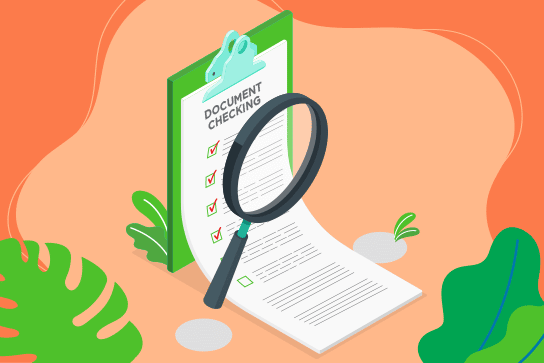LISTEN AUDIO
Last Updated on December 18, 2023 by Ozlinks Education
Subject: Manage conflict
This unit code SITXCOM005 describes the performance outcomes, skills and knowledge required to resolve complex or escalated complaints and disputes with internal and external customers and colleagues. It requires the ability to use effective conflict resolution techniques and communication skills to manage conflict and develop solutions. It does not cover formal negotiation, counselling or mediation.
The unit applies to all tourism, travel, hospitality, and event sectors.
The unit applies mainly to senior operational personnel, supervisors and managers who operate with some level of independence and use discretion and judgement to resolve conflicts.
Elements and Performance Criteria.
Elements describe the essential outcomes. Performance criteria describe the performance needed to demonstrate achievement of the element.
1. Identify conflict situations.
1.1 Identify potential for conflict and take swift and tactful action to prevent escalation.
1.2 Identify situations where personal safety of customers or colleagues may be threatened and organise appropriate assistance.
1.3 Identify and use resources to assist in managing conflict.
2. Resolve conflict.
2.1 Establish and agree on the nature and details of conflict with all parties and assess impact.
2.2 Manage conflict within scope of own role and responsibilities, and according to organisational procedures.
2.3 Take responsibility for seeking a solution to conflict within scope of own role and responsibilities, seeking assistance where required.
2.4 Identify and evaluate impact of conflict on business reputation and legal liability.
2.5 Evaluate options to resolve the conflict, taking into account organisational policies and constraints.
2.6 Implement the best solution and complete required reports.
3. Evaluate conflict resolution.
3.1 Communicate with parties involved to seek and provide feedback on conflict and its resolution.
3.2 Evaluate and reflect on the conflict and effectiveness of the solution.
3.3 Determine possible causes of workplace conflict and provide input for workplace enhancement and improvements.
Assessment Requirements.
Performance Evidence.
Evidence of the ability to complete tasks outlined in elements and performance criteria of this unit in the context of the job role, and:
- resolve escalated complaints or disputes with customers in relation to at least three of the following matters:
- delays or poor timing of product or service supply
- incorrect pricing of product or service
- delays or errors in providing product or service
- misunderstanding of customer request or communication barrier
- problem or fault with product or service
- refused entry or ejection from premises
- resolve team member disputes in relation to at least two of the following complex matters:
- dispute or argument among work colleagues
- job duties or rosters
- lack of competence
- worker mistake
- dismissal
- cultural misunderstanding
- take appropriate action in response to at least two of the following threat or conflict situations:
- customer refusing to leave or be pacified
- drug or alcohol-affected person
- person who appears to be violent or are threatening
- people involved in physical violence
- person with gun or arms
- situation where someone has been or may be hurt
- use a range of conflict-resolution techniques and communication skills when seeking to resolve above situations.
Knowledge Evidence.
Demonstrated knowledge required to complete the tasks outlined in elements and performance criteria of this unit:
- commonly occurring conflict situations in the tourism, travel, hospitality and event industries and their typical causes
- conflict theory:
- signs
- stages
- levels
- factors involved
- results
- conflict-resolution techniques:
- assertiveness
- negotiation
- use of appropriate communication
- resources to assist in managing conflict:
- counsellors
- internal security staff
- mediators
- other staff members
- police
- senior staff
- communication techniques:
- active listening
- empathising with the person’s situation while upholding organisational policy
- non-verbal communication and recognition of non-verbal signs
- language style
- questioning techniques
- those appropriate to different social and cultural groups
- organisational policies and procedures for complaint, conflict and dispute resolution.




